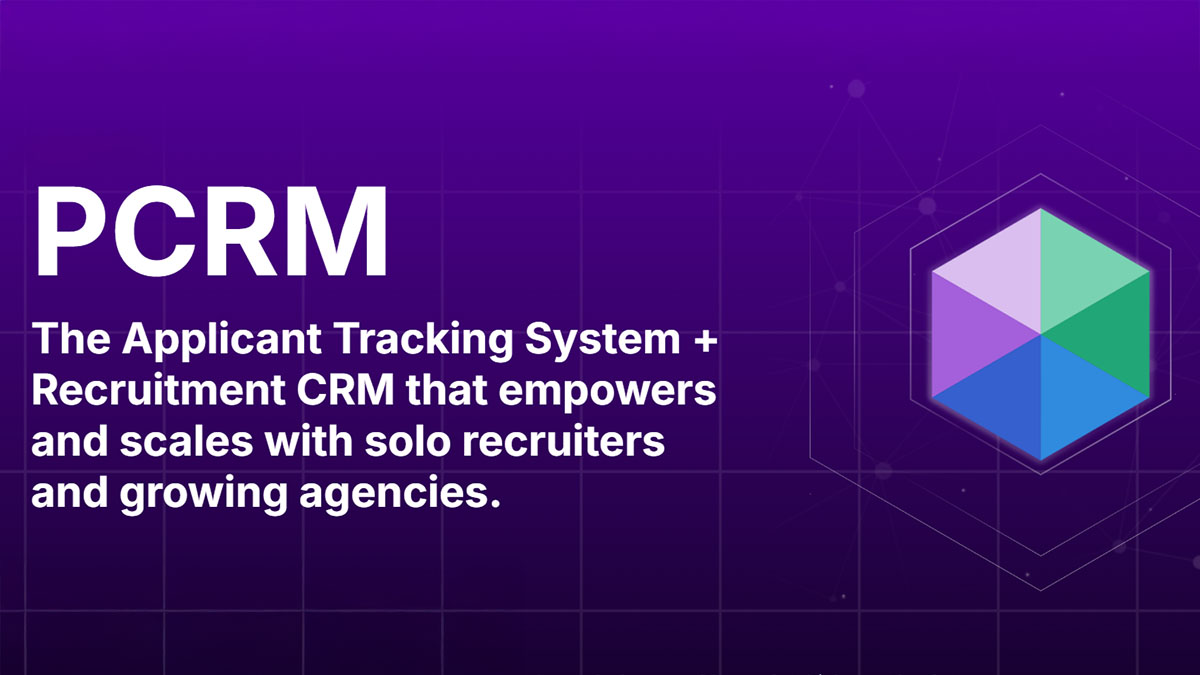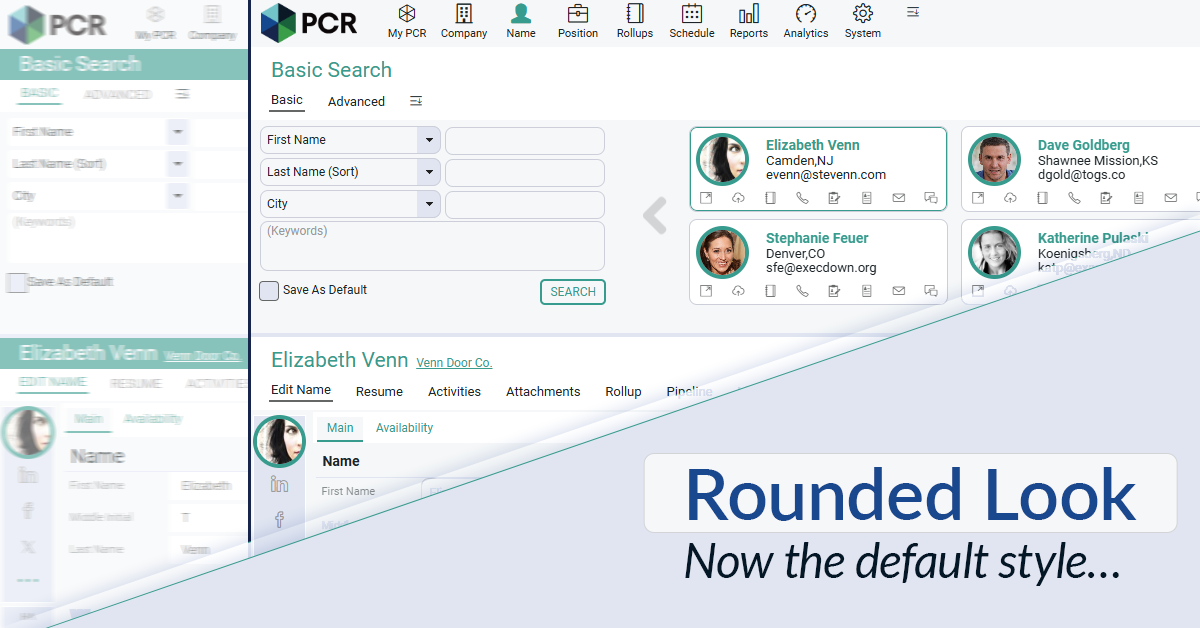Recruiters are increasingly using social networking sites as part of their ATS.
There have been a number of studies on how social networking affects job seekers during the hiring process. Microsoft recently threw its hat into the ring by releasing a study conducted by Cross-Tab that delves into the subject of online reputation.
For the report, about 275 recruiters, HR professionals and hiring managers, as well as 330 consumers, were interviewed in the United States, France, Germany and the United Kingdom. The end result explores the attitude these people have about online reputation, how it impacts hiring and how people manage it.
The report found that not only are recruiters and HR professionals using social networking sites to check on candidates, but many companies have made this a formal requirement during the hiring process. In the United States, 75 percent of companies have such a policy. About 48 percent of companies in the United Kingdom, and 21 percent of companies in both France and Germany, have a similar policy.
In most cases, the percentage of recruiters who review social networking information is higher than the percentage of companies that require it. That number is about 79 percent in the United States, 23 percent in France and 59 percent in Germany. Only 47 percent of recruiters in the United Kingdom do so, which is lower than the number of companies that require it.
In fact, only 2 percent of U.S. recruiters said they do not perform any sort of online research on job applicants. The most popular ways to check up on a candidate are:
The gender of a recruiter can also play a role in whether he or she is using social networks to conduct research on a job applicant. In the U.S., Germany and the U.K, more males do so than females. In France the number is even.
In all cases, the percentage of consumers who think online information could impact their chances of getting a job is much lower than the number of recruiters and HR professionals who have rejected candidates based on what they found online.
The U.S. has the highest number of recruiters using online information to make hiring decisions, at 70 percent, while only 7 percent of consumers think that information will matter; followed by 41 percent of recruiters and 9 percent of consumers in the U.K.; 16 percent of recruiters and 13 percent of consumers in Germany; and 14 percent of recruiters and 10 percent of consumers in Germany.
So what online information can hinder your chances of getting a job? These are the top responses from U.S. recruiters:
About 90 percent of U.S. recruiters are somewhat to very concerned that the information they find online may not be true and an equal percentage take steps to validate the authenticity of information. About 86 percent of U.S. recruiters said they inform a candidate if they are rejected because of online content.
In the U.S., 89 percent of recruiters think it is appropriate to consider professional online data during the hiring process, while 84 percent think it is appropriate to consider personal online data. And while 59 percent of recruiters said they review a candidates’ photo and video sharing sites, only 15 percent of consumers agreed that it’s very appropriate to do so.
Overall, 43 percent of consumers said it is not appropriate for recruiters to check social networking sites, while 43 percent said it is and 14 percent did not know. Whether you agree that it is appropriate for recruiters to use social networking information to check up on candidates, don’t expect that practice to go away anytime soon.
When asked how much the use of online reputation data will increase during the next five years, the number of recruiters who said it will be used all or most of the time was 84 percent in the U.S., 78 percent in Germany, 67 percent in the U.K. and 65 percent in France.
Some good news, however, is that 86 percent of U.S. recruiters said a positive online reputation can influence a hiring decision to some extent, while 50 percent said it does so to a great extent. And consumers are taking notice, as the number of consumers concerned about their online content is 51 percent in the U.S., 49 percent in the U.K., 47 percent in Germany and 33 percent in France.
Because of that concern, some consumers are taking steps to separate their personal and professional online identities. The number of those who always take this step is 61 percent in France, 53 percent in the U.S., 48 percent in the U.K. and 47 percent in Germany.
Some strategies consumers use to separate personal and professional information include: maintaining multiple profiles, keeping all or some profiles anonymous, restricting who has access to sites and not publicly sharing which sites are used.

PCRM — the CRM and Recruitment ATS hybrid built specifically to empower and scale with solo recruiters and growing agencies — is now available.
Read more
Recruitment professionals are facing a new challenge in today’s digital landscape: scammers posing as legitimate recruiters. These scammers are increasingly targeting remote work job seekers, causing some candidates to become wary of all recruitment outreach.
Read more
The Rounded Look for inputs and navigation elements has been made the default style throughout PCR. This rounded style can be combined with any of the seven color themes.
Read moreFind out more about who we and what we do.